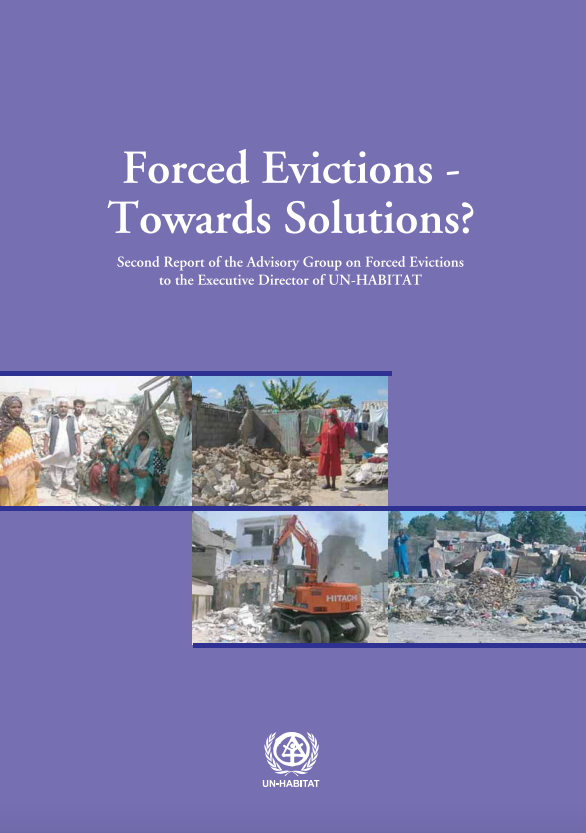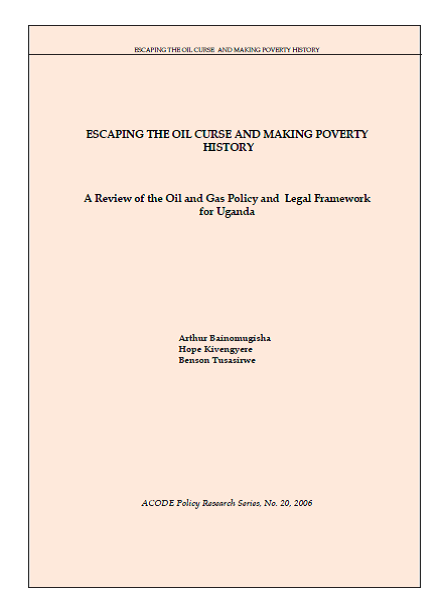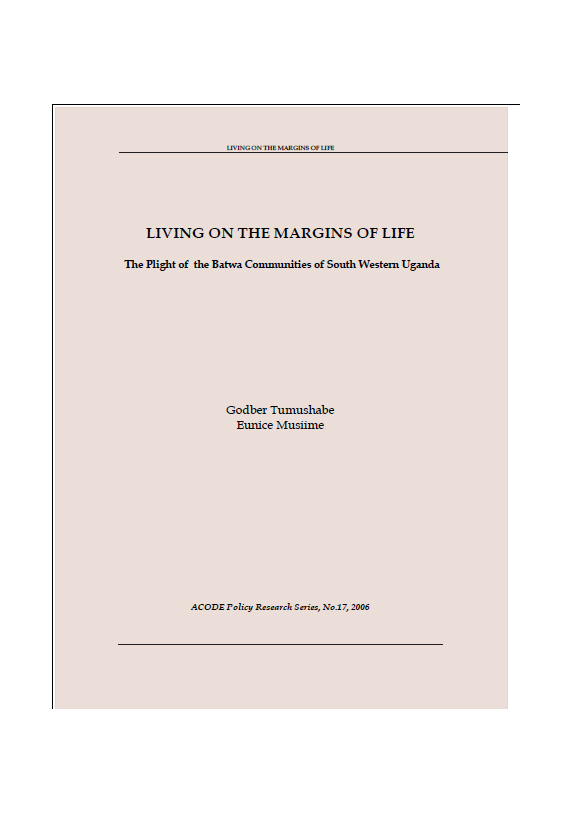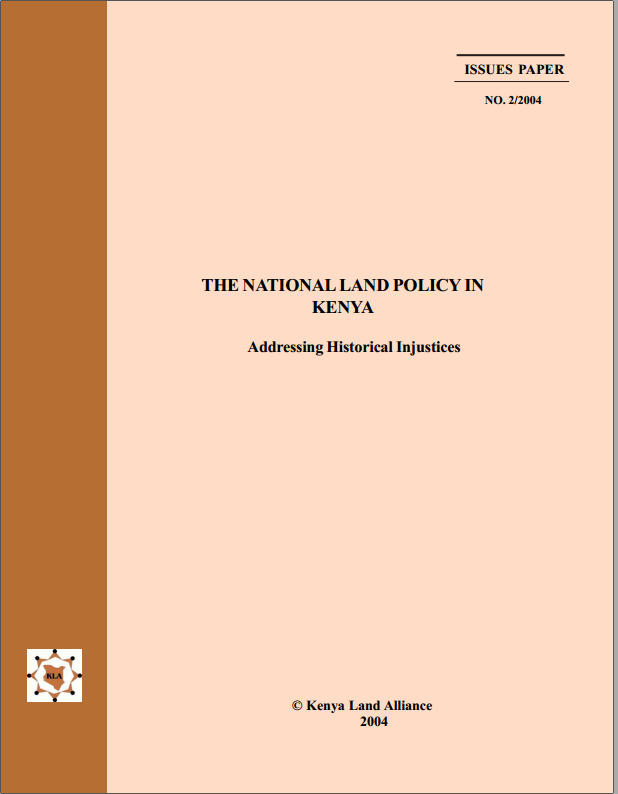“They Pushed Down the Houses”: Forced Evictions and Insecure Land Tenure for Luanda’s Urban Poor
Includes the context of forced evictions in Luanda; the right to adequate housing; forced evictions and demolition in Luanda; national and international responses; recommendations. Argues that a critical underlying factor was insecure land tenure, which made residents particularly vulnerable and was derived from inadequate land legislation and lack of public information about land rights and urban management policies, inadequate registration procedures, and a consequent false perception of security of tenure by residents.










